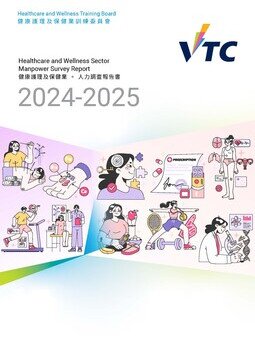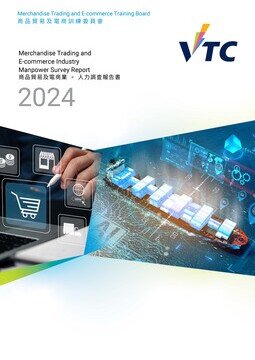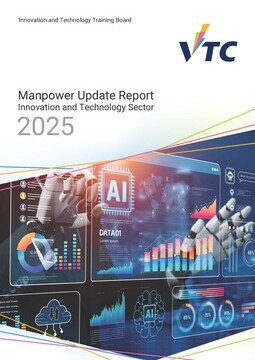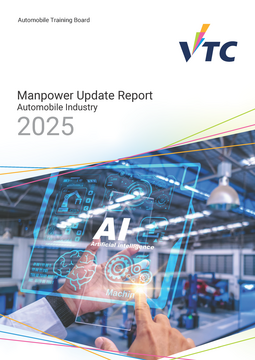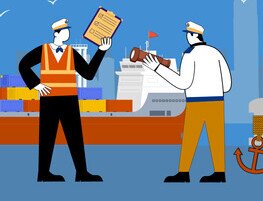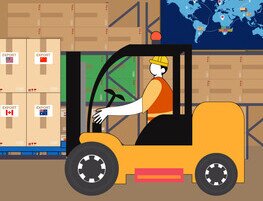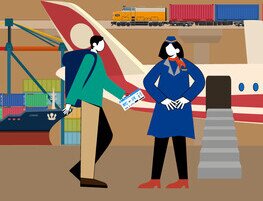Recommendation
Training Needs
- Air transport -
1st
eCommerce Applications and E-Logistics
2nd
Cargo Safety and Security
3rd
Occupational Safety & Health
1st
Customer Relationship / Complaint handling
2nd
Handling of Emergency
3rd
Managerial / Supervisory / Coaching Skills / Strategic Management
- Sea transport -
1st
Insurance, Legal matters & Compliance
2nd
Cargo Transport and Handling
3rd
Import / Export Documentation and Procedures
1st
Handling of Emergency
2nd
Customer Relationship / Complaint handling
3rd
Managerial / Supervisory / Coaching Skills / Strategic Management
- Land transport -
1st
Cargo Transport and Handling
2nd
Occupational Safety & Health
3rd
Cargo Safety and Security
1st
Handling of Emergency
2nd
Law & Regulatory of Transport
3rd
Customer Relationship / Complaint handling
With the aim of strengthening the city’s status as an international transportation centre and logistics hub, the HKSAR Government should closely collaborate with cities in the GBA. It is imperative to enhance the international competitiveness of the GBA port and airport cluster. The HKSAR Government should consider bringing in more talents from the GBA to facilitate exchanges between practitioners of the Mainland and Hong Kong. On the other hand, the HKSAR Government should continue to adopt various measures to support the transport and logistics industry to develop high value-added and efficient transport and logistics services, so as to strengthen international competitive edge of Hong Kong and to seize the enormous opportunities brought forth by national development. Furthermore, the Government should put greater effort in promoting the bright side of the industry to the parents, students, and the public so as to uplift the image of the industry.
Because of the close ties between Hong Kong and other GBA cities, it is imperative that students should be given the opportunity to have more exposure in the Mainland through short-term study, industrial attachment, and cross-cultural learning. These initiatives are going to enhance students’ learning experience, life skills and prospect of employment in Hong Kong and other cities in the GBA. In addition to attaching to businesses, international exchange programmes should also be arranged to enrich students’ learning experience, appreciate different cultures, and meet people of different ethnicities. Training institutions should offer different levels of pre-employment training programmes for students with different academic achievements to choose from. Short or bite-sized in-service programmes can be offered to industry practitioners for upskilling in top training areas as explained in Table 1m in order to suit their busy schedules.
Similar to many other industries, technology has been reshaping the transport and logistics industry and solving some of the complex issues. Particularly when business volume arising from e-commerce is growing rapidly, operators in the industry must keep an eye on the latest technological development so as to stay ahead of the competition. Besides, there has been a misperception towards the transport and logistics industry that jobs are often viewed as being low-skilled when compared to those of other fields. This misperception has led to a lack of interest in working in the industry, especially among the younger generation. It is important to project a positive image about the industry by leveraging the adoption of technology and innovation. On top of attachment opportunities, employers can help promote a positive image of the transport and logistics industry at the secondary school level. Last but not least, employers may consider measures to support the engagement of middle-aged personnel and participation of women and ethnic minorities in the transport and logistics industry so as to tackle the issue of manpower shortage.
Upskilling leads to higher levels of employee competence and engagement. It can also lead to improved productivity and business outcomes, as well as a greater sense of job satisfaction. Therefore, employees in the transport and logistics industry are strongly encouraged to engage in active learning and developing new skills. By doing so, it can provide employees with a sense of progression and development, making their jobs more rewarding and challenging. This in turn will help retain talent in the industry. The Maritime and Aviation Training Fund (MATF) provides employees with the opportunity to upskill themselves, with schemes such as the Professional Training and Examination Refund Scheme providing reimbursement of fees after satisfactory completion of an approved course or passing an approved professional examination.





